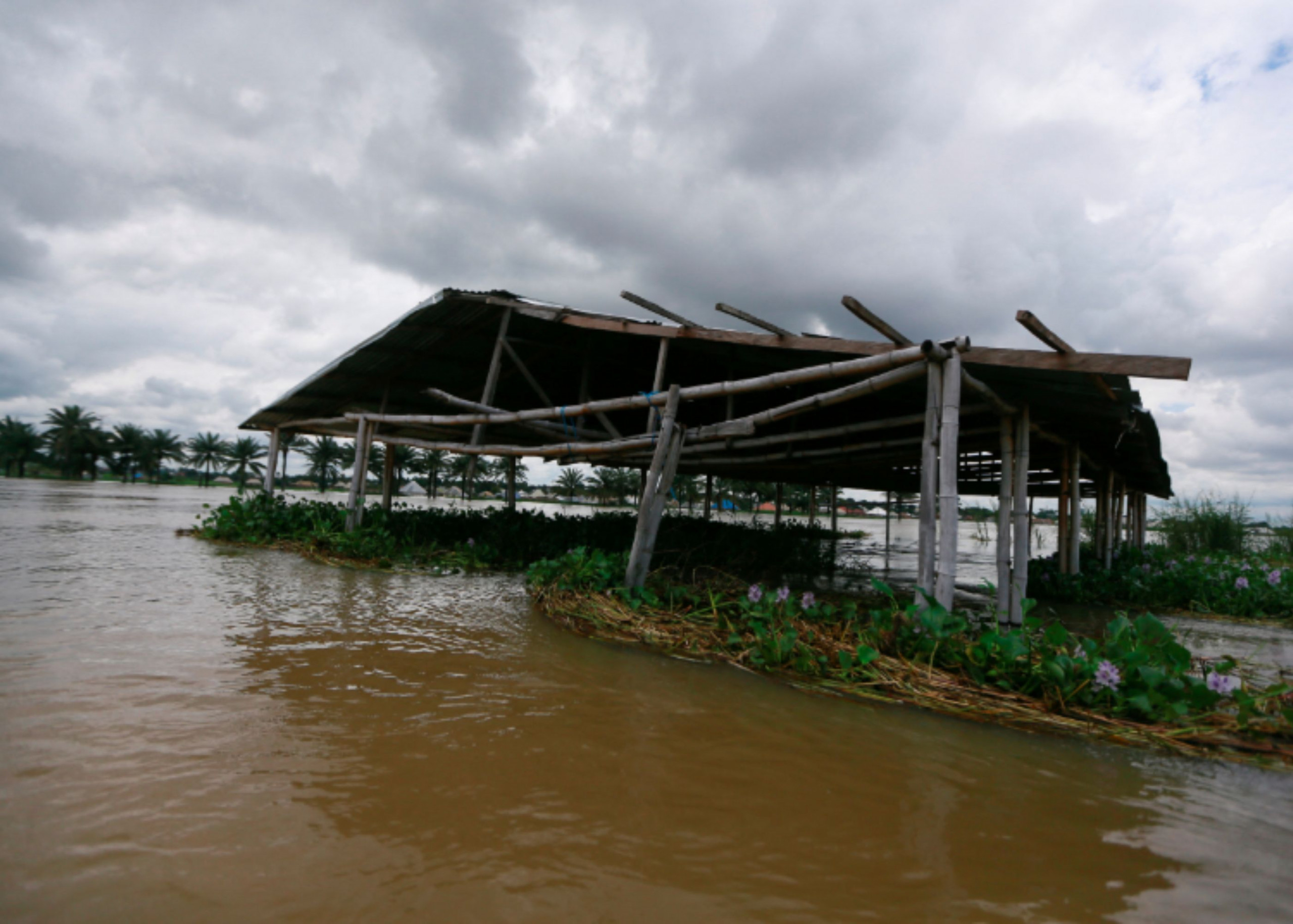News in Brief:
– The devastating impact of the 2024 floods in Nigeria has resulted in significant food loss, affecting millions of people.
– Experts call for urgent action to address the underlying causes of the crisis, including climate change have been made.
The Food and Agriculture Organization of the United Nations (FAO) has reported a significant loss of food due to the 2024 floods in Nigeria.
According to the report, the floods caused a loss of 855,629 metric tonnes (MT) of food, equivalent to feeding 8.5 million Nigerians for six months.
This was disclosed to the press during activities to commemorate this year’s World Food Day event in Abuja
FAO’s assistant country representative, Salisu Mohammed, linked the decline in agricultural productivity and farmers’ livelihoods to a combination of climate-related crises, inflation, insecurity, and economic challenges.
A call for action to address root causes
The theme of this year’s World Food Day, The Right to Foods for a Better Life and Future, highlighted the need for governments and individuals to recognise the hardships that vulnerable populations face in accessing adequate and nutritious food.
Although they acknowledged the federal government’s efforts at promoting food security, the organisation warned that lingering challenges could persist unless the country worked with stakeholders to fix underlying issues.
Therefore, the FAO called for a holistic approach involving government, private sector, civil society, and local communities.
The overall aim is to create an enabling environment for food production and equitable access to safe and nutritious diets for all through its agrifood systems policies and programs.
Nigeria has experienced a series of devastating floods in recent years, with severe economic consequences. The 2012 floods, the most destructive in recent history, affected over 3.8 million people and caused damages estimated at $6.5 billion.
Subsequent flooding events in 2015, 2018, and 2022 have further compounded the challenges that the country faces.
Government initiatives and efforts to mitigate flood risks
In response to the recurrent flooding, the Nigerian government has invested in flood early warning systems, conducted flood risk assessments, established the River Basin Development Authorities, and strengthened the National Emergency Management Agency (NEMA).
Meantime, experts opine that the issue of flooding is directly related to, or exacerbated by climate change and its effects on weather patterns. They have called for continued investment in flood management strategies, and commitment to reducing greenhouse gas emissions, as steps in addressing the situation and ensuring food security.



